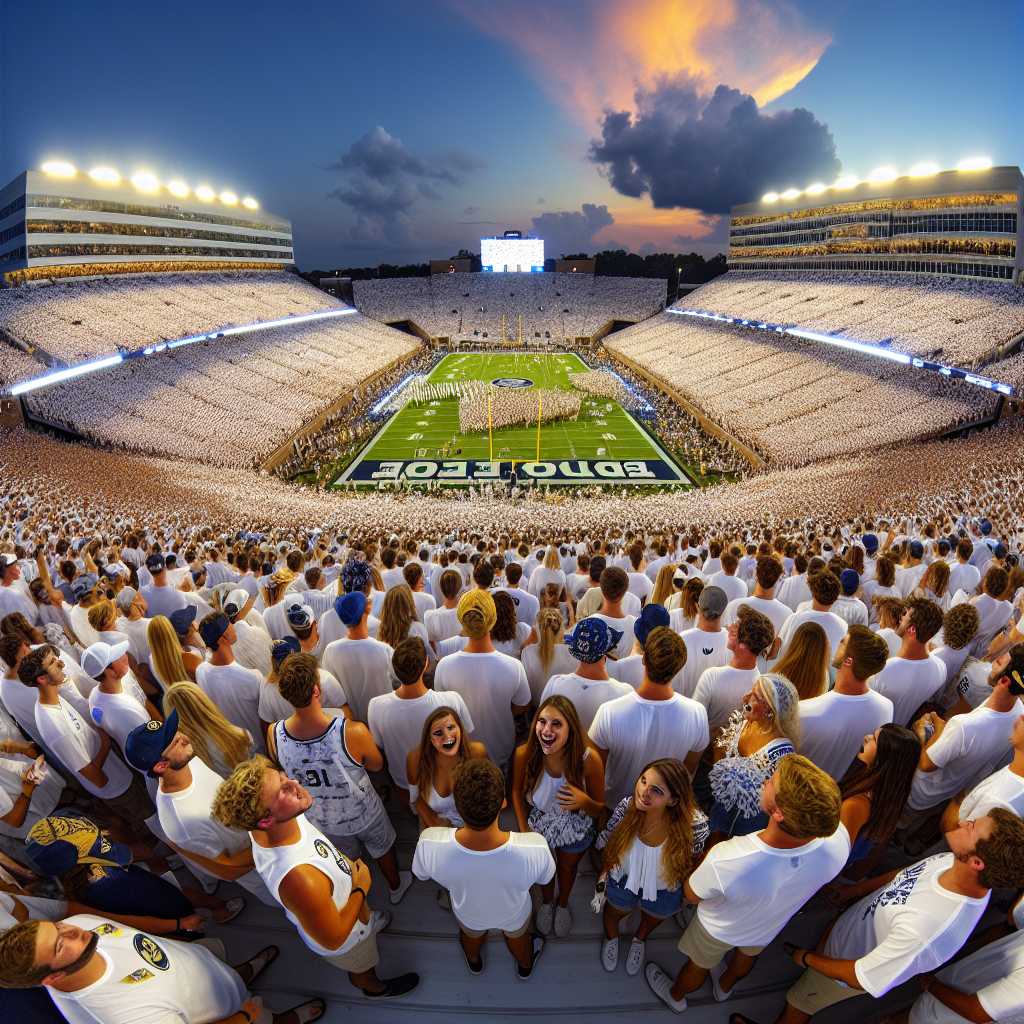The Longstanding Tradition and Current State of Penn State Football
Penn State football, officially known as the Penn State Nittany Lions, represents the Pennsylvania State University in college football. The team competes in the Big Ten Conference and plays its home games at Beaver Stadium in University Park, Pennsylvania. With a rich history that dates back to the late 19th century, Penn State football is interlaced with tradition, accomplishments, and a passionate fan base.
The History of Penn State Football
Penn State began playing football in 1887, and over the decades, it has solidified itself as one of the most storied programs in NCAA history. Initially a regional team playing local clubs and colleges, Penn State grew along with the sport of college football itself, experiencing growth spurts during prominent coaching eras like those of Hugo Bezdek, Rip Engle, and most notably Joe Paterno.
Joe Paterno and His Legacy
Joe Paterno served as the head coach from 1966 to 2011. His tenure saw unprecedented success including multiple national championships and countless All-American players. Beyond his contributions to football, Paterno was also known for emphasizing academics among his players.
Modern Era of Penn State Football
In recent years, Penn State continues to compete at a high level within the NCAA Division I Football Bowl Subdivision. The program faced hardships following sanctions in the early 2010s due to off-field controversies but has since rebounded under new leadership. Current coaching staff and administration have worked to return focus to the integrity of the program and its on-field performance.
Recruitment and Player Development
Attracting top high school talent remains a focal point for Penn State’s enduring success. Through rigorous scouting, summer camps, and strong relationships with high school coaches across the nation, Penn State football brings in athletes who excel both on the field and in the classroom.
Beaver Stadium: The Heart of Penn State Football
Home games are played at the historic Beaver Stadium, which is one of the largest stadiums in North America. It’s renowned for its energetic atmosphere, particularly during “White Out” games where fans dress entirely in white to create an intimidating sea of solidarity.
Challenges and Controversies
Despite its storied past and loyal following, Penn State has experienced significant challenges in recent years. The Jerry Sandusky scandal in 2011 led to severe NCAA sanctions though several were later repealed or diminished—and damaged the university’s reputation deeply. Recovery from such incidents involved comprehensive changes to administration and oversight, helping to guide the program back to respectability.
The Culture and Fan Base
Pennsylvania State University boosts various traditions including “We Are” chant and its vibrant tailgating culture on game days. The loyalty of its fan base is evident with consistent high attendance figures at Beaver Stadium every season.
Looking Forward: The Future of Penn State Football
Under current coach James Franklin, Penn State is moving into a promising future. Fans and alumni look forward to anticipated bowl games and potential runs at championship titles as recruiting classes improve and systemic overhaul rejuvenates to maintain competitiveness both in the Big Ten Conference and nationally.
Notes
Image description: A wide-angle shot of Beaver Stadium during a busy game day showcases a full crowd participating in a “White Out,” with nearly every attendant clad in white.school boosts various traditions including ‘We Are’ chant and vibrant tailgating culture on game days. The loyalty of its fan base is evident with ded fans dressed in blue and white cheering on their team against a backdrop of bright stadium lights illuminating the evening sky.
